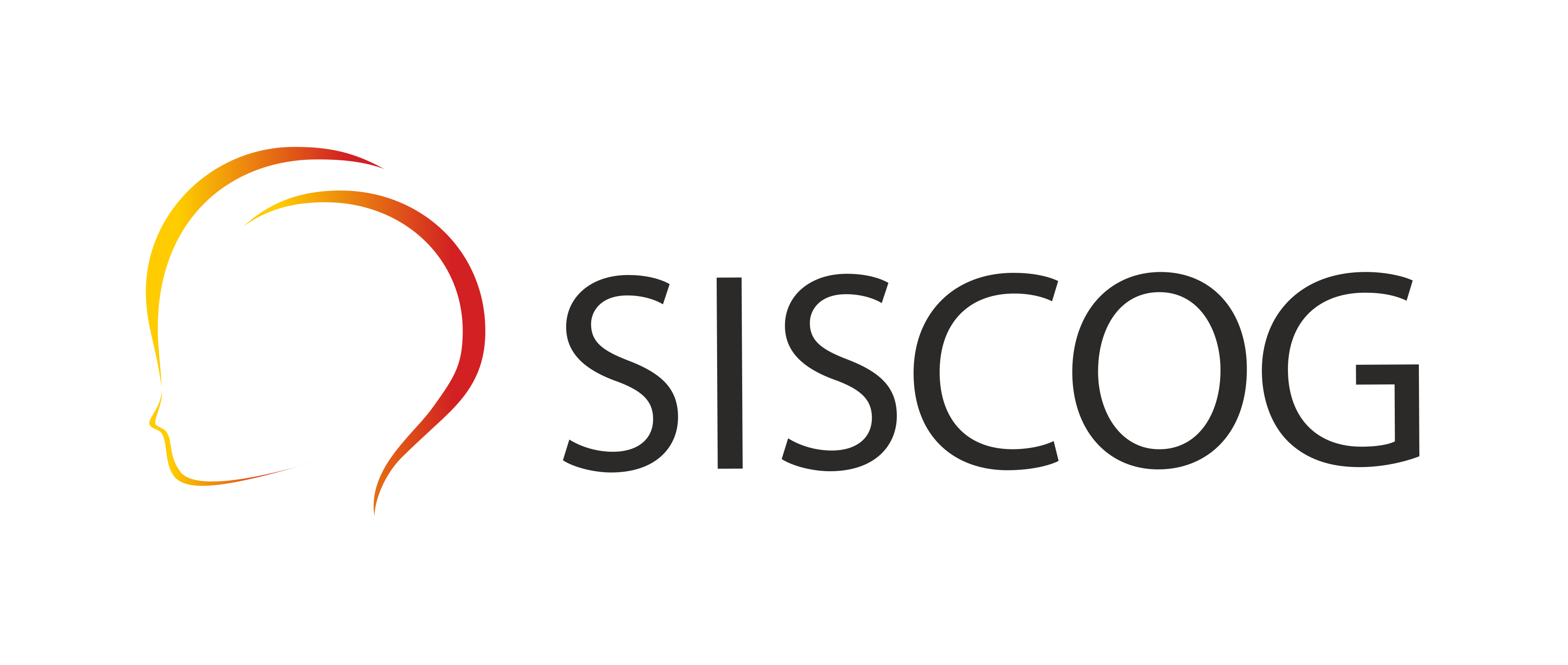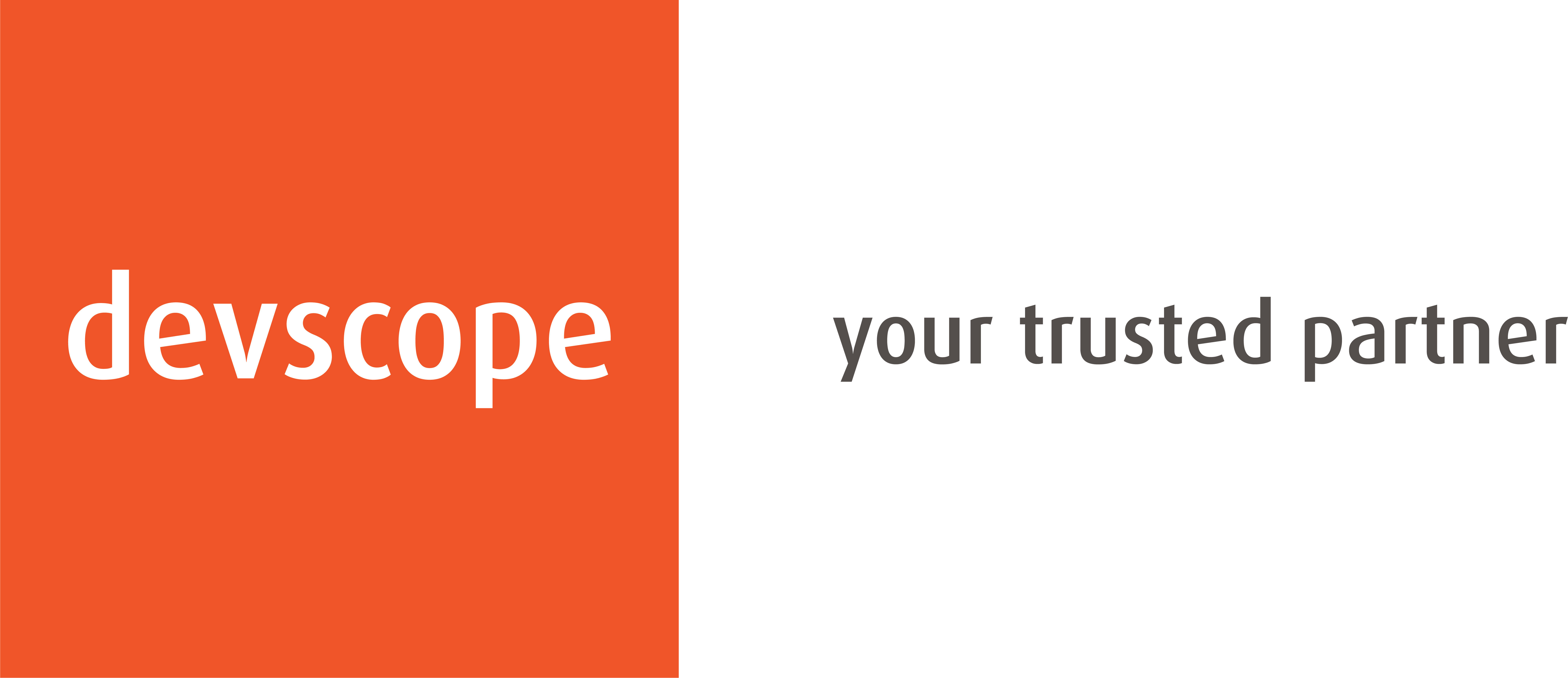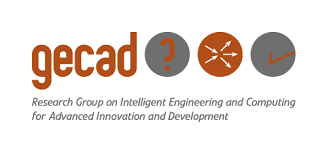Intelligent Robotics (IROBOT)
IROBOT'2019 poses itself as a follow-up on the previous eight IROBOT International Thematic Tracks/Workshops on Intelligent Robotics – IROBOT'’2005 (held at EPIA’2005), IROBOT'’2007 (held at EPIA’2007), IROBOT’2008 (held at IBERAMIA’2008), IROBOT'’2009 (held at EPIA’2009), IROBOT'’2011 (held at EPIA’2011), IROBOT'’2013 (held at EPIA’2013), IROBOT'’2015 (held at EPIA’2015) and IROBOT'’2017 (held at EPIA’2017). As in previous editions, its main purpose is to bring together researchers, engineers and other professionals interested in the application of AI techniques in real/simulated robotics to discuss current work and future directions.
Robotics, from the point of view of AI, has been an important application field, from which AI has also gained. Namely, the dynamic and unforeseen nature of the environment, especially for mobile robots, has fostered research in these aspects of AI. Together with the developments in Robotics Research, the use of Robotics in industry and services has changed a lot in recent years. New paradigms and approaches for industrial robots and service robots have emerged, for example, on mobile robots learning, localization, mapping and navigation in unstructured environments. IROBOT 2019 will discuss these new developments on industrial and service robotics with focus on robot learning.
Topics of Interest
The Thematic Track will be structured around the following themes:
- Adaptive and flexible industrial robotics
- Agriculture robots
- AI Planning for robotics
- Autonomous vehicles
- Cognitive robotics
- Computer vision and object recognition
- Coordination in robotics
- Evolutionary robotics and reactive intelligence
- Human-robots interface and interaction
- Humanoid robotics
- Intelligent buildings and warehouses
- Intelligent transportation systems
- Mobile robots localization and navigation
- Modelling and simulating complex robots
- Multi-Robot systems
- Field Robots
- Real-time reactivity
- Robot behavior engineering
- Robot learning and adaptation
- Robotic surveillance
- Sensor fusion
Paper Submission Instructions
All accepted papers will be published by Springer in a volume of Springer’s Lecture Notes in Artificial Intelligence (LNAI) corresponding to the proceedings of the 19th EPIA Conference on Artificial Intelligence, EPIA 2019.
Submissions must be original and not published elsewhere. Papers should not exceed twelve (12) pages in length and must adhere to the formatting instructions of the conference. Each submission will be peer reviewed by at least three members of the Program Committee. The reviewing process is double blind, so authors should remove names and affiliations from the submitted papers, and must take reasonable care to assure anonymity during the review process. References to own work may be included in the paper, as long as referred to in the third person. Acceptance will be based on the paper’s significance, technical quality, clarity, relevance and originality. All accepted papers must be presented orally the conference by one of the authors and at least one author of each accepted paper must register for the conference.
All papers should be submitted in PDF format through the EPIA 2019 EasyChair submission page. Prospective authors should select the thematic track to which their paper is to be submitted.
Important Dates
Paper submission deadline (Extended) : April 15, 2019 April 30, 2019
Notification of paper acceptance: May 31, 2019, June 7, 2019
Camera ready papers deadline: June 15, 2019, June 21, 2019
Conference dates: September 3-6, 2019
Organizing Committee
Nuno Lau, Universidade de Aveiro, Portugal
João Alberto Fabro, Universidade Tecnológica Federal do Paraná, Portugal
Fei Chen, Istituto Italiano di Tecnologia, Portugal
Luís Paulo Reis, Universidade do Porto, Portugal
Program Committee
André Marcato, Universidade Federal de Juíz de Fora, Brazil
André Scolari Conceição, Univ. Federal da Bahia, Brazil
Anna Helena Costa, EPUSP, São Paulo, Brazil
António José Neves, Universidade de Aveiro, Portugal
António Paulo Moreira, Universidade do Porto, Portugal
Armando Pinho, Universidade de Aveiro, Portugal
Armando Sousa, Universidade do Porto, Portugal
Axel Hessler, TU Berlin, Germany
Brígida Mónica Faria, Politécnico do Porto, Portugal
Carlos Carreto, Instituto Politécnico da Guarda, Portugal
César Analide, Universidade do Minho, Portugal
Chengxu Zhou, Istituto Italiano di Tecnologia, Italy
Fanny Ficuciello, University of Naples Federico II, Italy
Fernando Osório, Universidade São Paulo/SC, Brazil
Jorge Dias, ISR, Universidade de Coimbra, Portugal
Josemar Rodrigues de Souza, Brazil
Liming Chen, Ecole Centrale de Lyon, France
Luís Correia, Universidade de Lisboa, Portugal
Luis Moreno Lorente, Universidad Carlos III Madrid, Spain
Luis Seabra Lopes, Universidade de Aveiro, Portugal
Marco Dorigo, Université Libre de Bruxelles, Belgium
Maxime Petit, Ecole Centrale de Lyon, France
Mikhail Prokopenko, CSIRO ICT Centre, Australia
Nicolas Jouandeau, Paris8 University, France
Nikolaos Tsagarakis, Istituto Italiano di Tecnologia, Italy
Paulo Urbano, Universidade de Lisboa, Portugal
Qinyuan Ren, Zhejiang University, China
Reinaldo Bianchi, IIIA-CSIC, Barcelona, Spain
Saeed Shiry Ghidary, Amirkabir University, Iran
Sanem Sariel Talay, Istanbul Technical University, Turkey
Yan Wu, Institute for Infocomm Research A*STAR, Singapore
Urbano Nunes, Universidade de Coimbra, Portugal


















